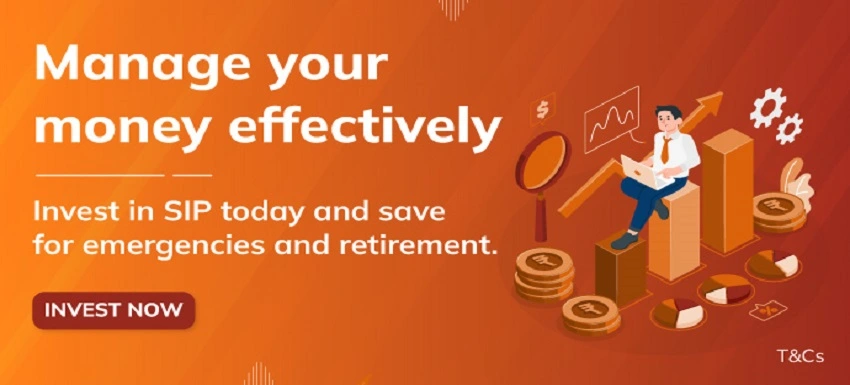THE
ORANGE
HUB
A Brisk Understanding of How to Invest in a Mutual Fund Scheme
Are you investing in Mutual Funds for the first time? If yes, it is necessary to gain a good understanding of the Mutual Fund market to be able to earn significant profits over a given period of time. You can begin with the Systematic Investment Plan (SIP) or alternatively invest a lump sum amount. Let's understand how you can commence your investment journey.
A Mutual Fund is an investment vehicle that collects and pools money from several investors who share a common investment objective. The collected money is pooled by a professional fund manager. It is then invested in Mutual Fund schemes such as Equities, Debt, money market instruments, Stocks and Bonds etc. that are in line with the investors' objective.
The returns generated from the investment scheme are distributed equally among the investors', post deduction of expenses and other fees.
Types of Mutual Funds
There are several types of Mutual Funds designed to meet the investor goals. Mutual Funds are broadly classified based on:
Organisation Structure – Open-ended funds, Close-ended funds and Interval Schemes
Investment Objective – Growth Funds/Equity, Income Funds/Debt, Liquid/Overnight/Money Market Mutual Funds
Underlying Portfolio – Equity, Debt, Hybrid, Money market instruments, Multi-Asset
Portfolio Management – Active Funds and Passive Funds
Thematic/Solution-oriented – Retirement benefit, Tax saving, Child welfare, Arbitrage
Fund of funds
Exchange-Traded Funds (ETFs)
Overseas Funds.
Things to consider before investing in a Mutual Fund scheme:
Evaluate your investment profile: There is a Mutual Fund scheme to match every individual's needs and objectives. You can invest in either an Equity, Debt or Hybrid Mutual Fund. Choose the type based on your risk profile, time period and investment goal
Know your goal: Always invest with a goal in focus. List down your budget, financial goals and time horizon to achieve your life goals. This will help you determine exactly how much money you’ll need to invest
Tax-saving should not be the only purpose: Equity Linked Savings Scheme (ELSS) is the only Mutual Fund tax saving scheme wherein you get tax savings benefit up to Rs lakh under Section 80C of the Income Tax (IT) Act. However, this should not be the only motive for investment. Investing in Mutual Fund schemes for the long-term will help you build a considerable wealth
SIP or Lump sum: You can invest in a Mutual Fund through an SIP or the Lump sum method. Investment in an SIP gives you the flexibility to contribute a fixed sum monthly, quarterly or yearly. Additionally, you have the option to invest in funds at one go. Generally a lump sum investment is suitable for experienced investors
No guaranteed returns: Mutual Fund returns are based on market conditions. They help to yield reasonable returns, but there are chances that you may lose some money if the market performance is poor. So choose your Mutual Fund scheme carefully.
How does one invest in Mutual Funds?
You can invest in a Mutual Fund scheme through offline or online methods.
Offline Method:
The offline method requires you to connect with the Branch Relationship Manager for the processing of an Offline MF. Listed below are the documents required for proof of identity.
Evaluate your investment profile: There is a Mutual Fund scheme to match every individual's needs and objectives. You can invest in either an Equity, Debt or Hybrid Mutual Fund. Choose the type based on your risk profile, time period and investment goal
MF Application Form
MF KYC acknowledgement (If KYC is not done, then MF KYC Form, Pan Card Copy, Address Proof and Passport Size Photograph)
A self-account cheque for the investment.
Online Method:
You can also invest in Mutual Funds online by getting in touch with financial institutions or banks. For instance, ICICI Bank allows customers to invest in Mutual Funds online through the iMobile Pay app or Internet Banking.
Scroll to top












